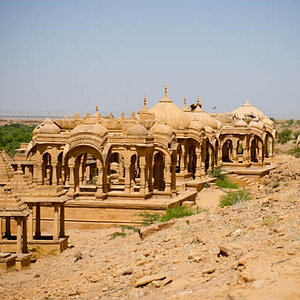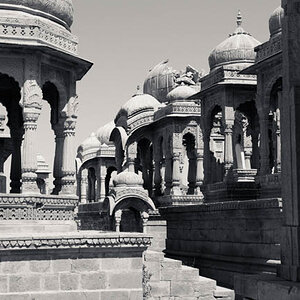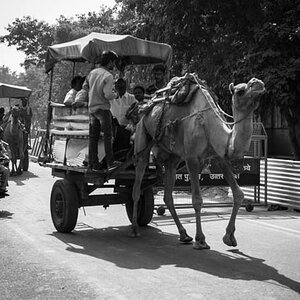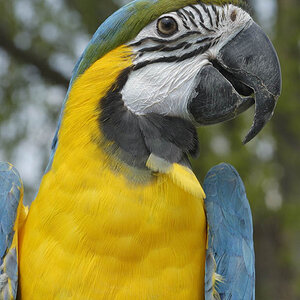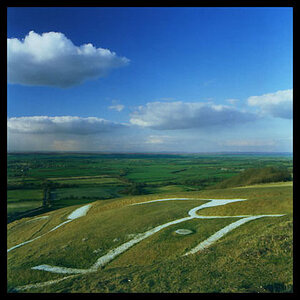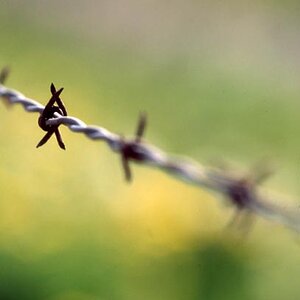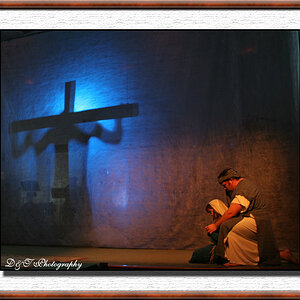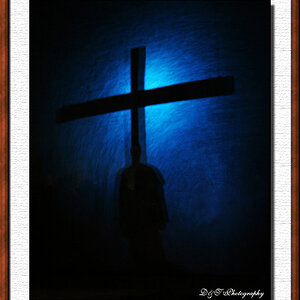HenryHunt
TPF Noob!
- Joined
- Mar 12, 2017
- Messages
- 5
- Reaction score
- 0
- Can others edit my Photos
- Photos OK to edit
Hi,
I've never properly got into astrophotography (though I have experience with it) before and am going to Yosemite in July. This is a great (no light pollution) opportunity for me to try to master astrophotography and get some great shots there, but I'm having a hard time deciding on a lens to buy for this. I'm torn between the Samyang 14mm f2.8 and the Samyang 16mm f2.0. I have two APS-C cameras (Canon EOS 60D and 700D).
I had initially decided to go for the 16mm because of its wider aperture and the fact that it is specifically designed for APS-C cameras (according to the description). However, I am now not sure and am considering the 14mm instead because of its shorter focal length.
How much difference will f0.8 make and how much difference does the fact that the 16mm is specifically designed for APS-C cameras make (I'm not actually sure what designed for APS-C means anyway)? Will images turn out bad if I use the non APS-C designed 14mm on my APS-C cameras?
Ultimately, would you recommend I go for the 16mm or 14mm? I know the 14mm is very widely used, but the wider aperture and 'designed for APS-C' is swaying me towards the 16mm. Which one would you say is best?!
Thanks.
I've never properly got into astrophotography (though I have experience with it) before and am going to Yosemite in July. This is a great (no light pollution) opportunity for me to try to master astrophotography and get some great shots there, but I'm having a hard time deciding on a lens to buy for this. I'm torn between the Samyang 14mm f2.8 and the Samyang 16mm f2.0. I have two APS-C cameras (Canon EOS 60D and 700D).
I had initially decided to go for the 16mm because of its wider aperture and the fact that it is specifically designed for APS-C cameras (according to the description). However, I am now not sure and am considering the 14mm instead because of its shorter focal length.
How much difference will f0.8 make and how much difference does the fact that the 16mm is specifically designed for APS-C cameras make (I'm not actually sure what designed for APS-C means anyway)? Will images turn out bad if I use the non APS-C designed 14mm on my APS-C cameras?
Ultimately, would you recommend I go for the 16mm or 14mm? I know the 14mm is very widely used, but the wider aperture and 'designed for APS-C' is swaying me towards the 16mm. Which one would you say is best?!
Thanks.


![[No title]](/data/xfmg/thumbnail/38/38729-27329be54dcb93a3723bad97259e6428.jpg?1619738702)
